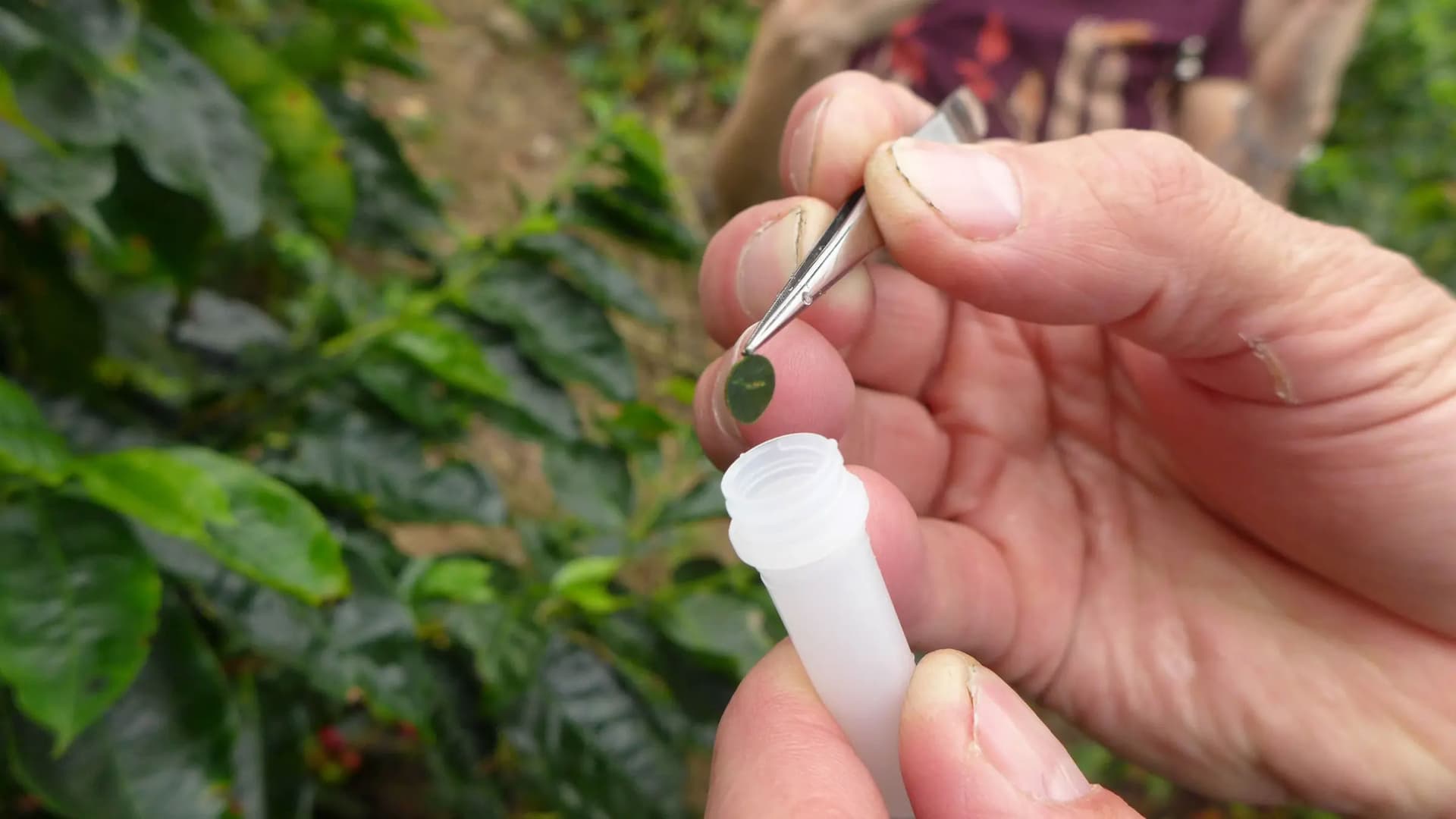In a historic move for the coffee industry, the World Coffee Research(WCR) announced the launch of an open-access database for the genetic fingerprints of Arabica coffee in August 2023. This groundbreaking initiative is designed to streamline and cost-effectively authenticate Arabica coffee varieties, significantly contributing to the quality assurance of plant material available to farmers worldwide.
Employing 45 single nucleotide polymorphism (SNP) molecular markers, the database creates a unique genetic fingerprint for 23 of the most prevalent coffee varieties in Latin America’s commercial production. These strategically placed SNP markers offer a swift and cost-effective method of analysis, addressing a persistent challenge in the coffee industry.
The reference database, meticulously validated and enhanced by the World Coffee Research(WCR), incorporates over 30,000 leaf samples collected from six countries between 2021 and 2023, establishing a robust foundation for accurate variety authentication.
Variety authentication is particularly critical in the evolving seed sector, where low-cost tools are indispensable for maintaining stringent quality control in seed collections and nurseries. Shockingly, prior studies by theWorld Coffee Research(WCR) revealed that 39% of tested trees did not match the expected genetic profile of their designated variety, underscoring the economic risks faced by farmers relying on inaccurate information.
Dr. Jennifer “Fern” Long, CEO of the World Coffee Research(WCR), underscored the significance of this breakthrough, stating, “This unique announcement brings new technology to coffee to dramatically reduce quality control costs to ensure the future of coffee farming.”
The announcement of the database to the scientific community, including public and private laboratories, aims to facilitate widespread adoption. Its accessibility empowers stakeholders across the coffee sector, from financiers to implementers, farmers, and public institutions, enabling them to benefit from the cost-effective diversity validation it offers.
To ensure immediate access to this service, the World Coffee Research(WCR) has collaborated with Intertek AgriTech, an ISO-certified quality assurance laboratory based in Sweden, to validate and enhance the database and technical protocols. This collaboration guarantees the effective use of markers in high-volume applications, typically involving a minimum of 376 samples.
The database’s impact is already evident in projects such as the National Regeneration Plan in El Salvador, where an SNP panel is being utilized to validate the health of trees distributed to farmers.
By ensuring the genetic purity of planted trees, the country aims to produce more than 150 million plants in the next decade, stimulating economic growth and supporting the livelihoods of coffee producers.
The World Coffee Research(WCR) plans to continually update the database and add fingerprints for additional varieties in the coming months and years. By providing affordable genotyping services, this database signifies a major leap forward in the coffee industry, contributing to the documentation of specific Arabica coffee varieties and establishing a foundation for value creation.
The database is available for open download under the Creative Commons Zero (CC0) framework. Researchers and commercial genotyping providers are encouraged to utilize this resource to enhance the validation of specific Arabica coffee varieties.
As the global coffee community embraces this technological leap, it holds the promise of reshaping the coffee growing landscape. The implications extend beyond the scientific sphere into the economic and social spheres, affecting farmers, producers, and consumers alike.

